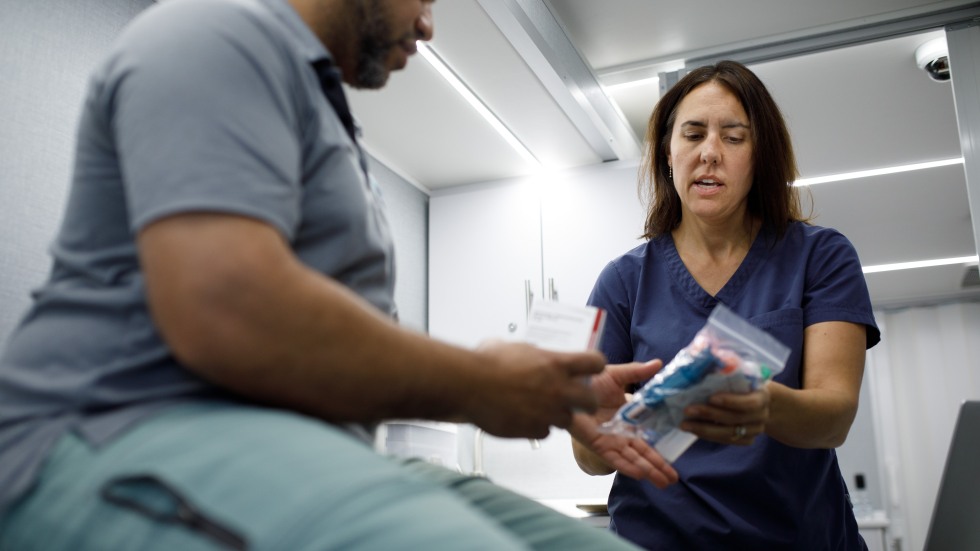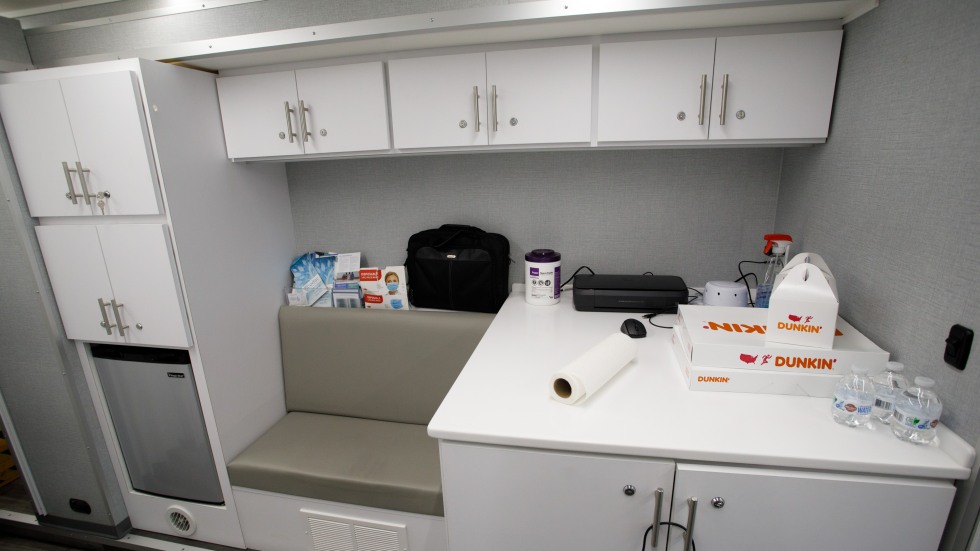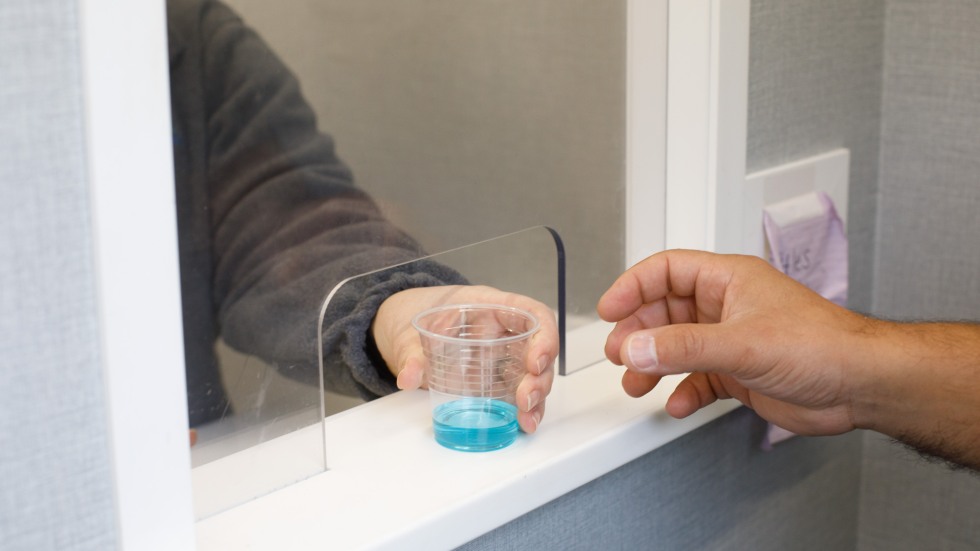Dr. Francesca Beaudoin has been on the frontlines of the opioid crisis for most of her career. She saw its impacts early on during her residency as an ER doctor in the mid-2000s when opioid prescribing was at its peak. Opioids were everywhere, she says. “I was watching people come into the emergency room both trying to obtain opioid medications for an underlying opioid use disorder, but also people with ill-treated pain,”
But no one saw the crisis that was coming. “We didn't see the lights on the train in the tunnel at that time,” she said.
By 2010, the epidemic was transitioning from prescription opioids to illicit opioids, fentanyl, and analogues and in response to what she saw everyday in the emergency room, Beaudoin shifted her focus from pain management to the opioid crisis.
For the past year, Beaudoin, professor and chair of the Department of Epidemiology, professor of emergency medicine and interim academic dean of the School of Public Health, has spent a part of each week caring for those affected by that crisis. But she doesn’t see patients with opioid use disorder at a hospital or in a traditional clinic setting. Instead, Beaudoin travels to Woonsocket, Rhode Island where a mobile recovery van run by CODAC Behavioral Healthcare serves patients on a busy, well-trafficked street near a bus stop.



